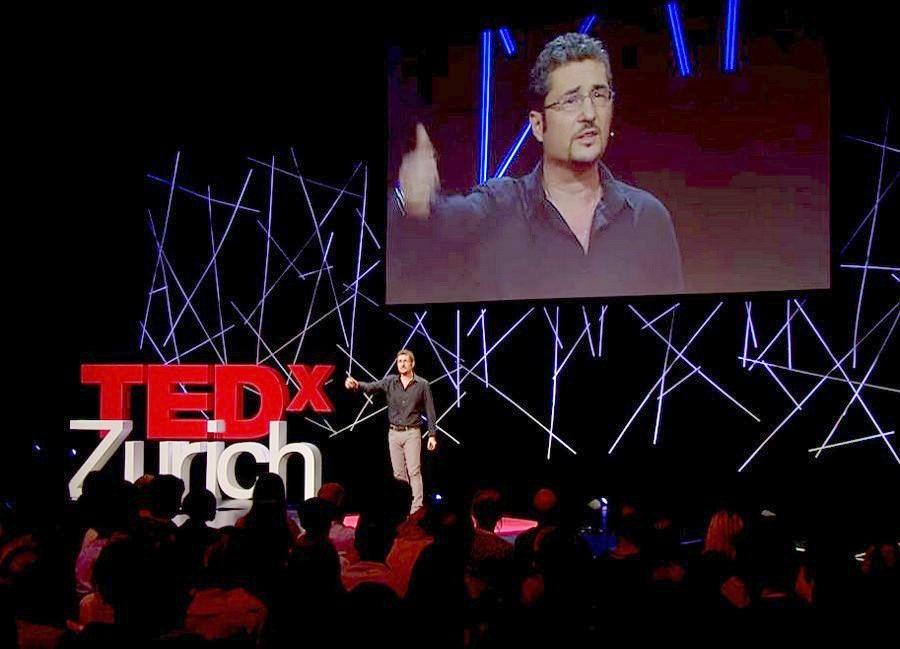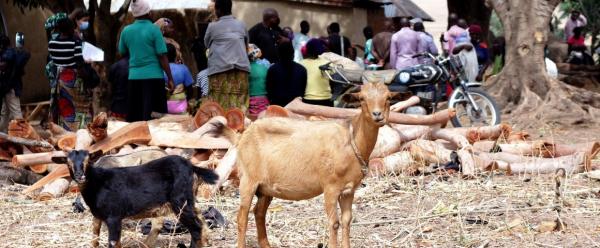Results & impact 28 October 2025
- Home
- CIRAD news
- News
- Games for conflict resolution
TEDx conference: games for conflict resolution

To go further, Claude Garcia explains the approach underlying the method developed by CIRAD over the last 20 years.
Replacing planning with new decision-making paradigms
“Climate change, poverty, problems of immigration and identity… Most of the challenges we face today belong to a very specific category: insidious problems. In this complex, uncertain world, the final result depends not only on our actions, but also on interactions between our decisions and those of the multitude of other actors involved in the system, whether human or not. We need to abandon notions of control and planning and embrace new decision-making paradigms. This is especially true given that the system in which we operate can react to, and even anticipate our actions. Use DDT to combat malaria and watch resistance developing. Launch discussions for a soy moratorium and watch deforestation increase in anticipation of this agreement. Decision makers are thus left to grope along, blindfolded, forcing decisions through wherever they encounter resistance.”
Games to understand decision-making
“There is another way. Imagining the future, and by so doing, beginning to shape it. Developing scenarios, exploring different alternatives through thought experiments, dear to Albert Einstein. But faced with the complexity of the world and with our own cognitive limitations (not everyone is an Einstein), this approach soon reveals its limits. We then have to cheat and use other resources beyond our neurones alone. This is what the game is for. If properly thought out and conducted, games can be a powerful tool to understand how women and men make decisions, to explore alternative strategies, to attempt to counter them, to negotiate new agreements and to understand the limits of our knowledge and the flaws in our reasoning. It is so much easier to play chess with the board and pieces in full view than blindfolded.”
Entering the world of decision-makers
“This method, developed by CIRAD over the last 20 years, needs to move out of the field of research and into the world of decision-making: in development organisations, public institutions and companies.
To be used successfully in a decision-making context, four ingredients are needed:
- A game that satisfactorily represents the constraints and opportunities facing actors in the field;
- Facilitation to create the conditions for listening between actors without losing sight of power imbalances;
- Players with the power to make decisions, not trainees, but managers, to ensure experiments can be turned into actions.
- Leaders who are aware of the need to work together to find and develop better solutions for the future, and capable of questioning themselves, of acknowledging their limitations and, finally, of rallying players around them for this purpose: making better decisions.
The challenge now is to go as high as possible in decision-making processes. The objective is to help decision-makers to develop strategies that take better account of the realities, constraints and expectations on the ground for different actors in a given territory, with the ultimate goal of making better decisions.”



























